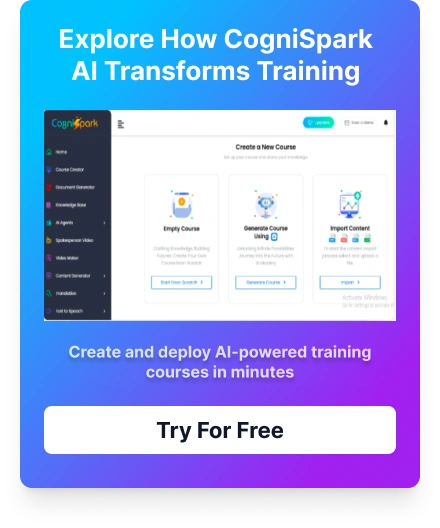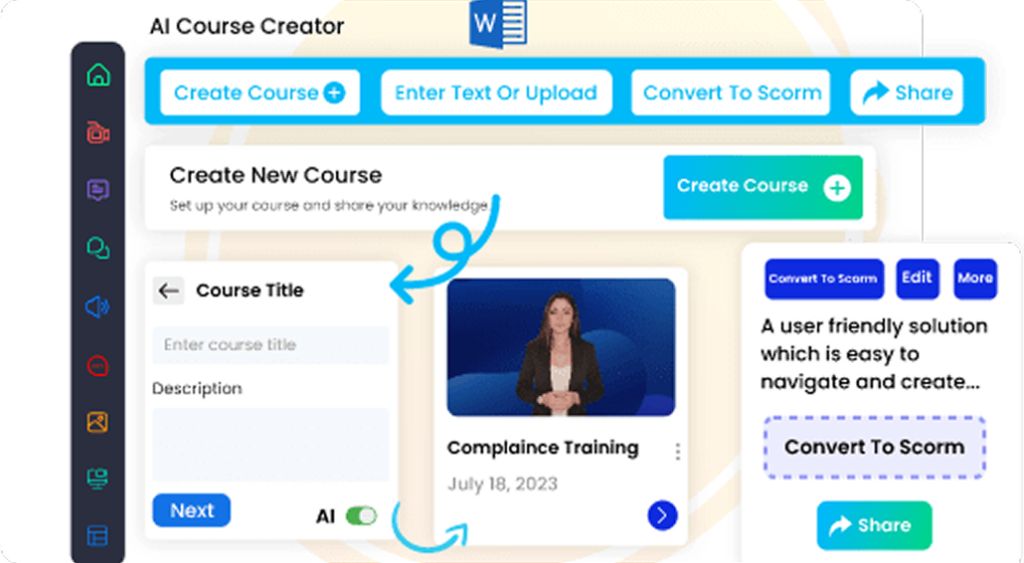Mastering the Art of Sales Objection Handling Training for Employees
Effective sales objection handling is an essential skill that differentiates top-performing sales teams from the rest. Well-structured training programs empower sales professionals with the techniques, confidence, and resilience needed to turn customer objections into opportunities for closing deals. In this comprehensive guide, we explore why objection handling training is vital, the core components of effective programs, and proven strategies to foster continuous improvement among your sales force. Implementing these practices enhances team performance, boosts revenue, and strengthens customer relationships.
1. Why Sales Objection Handling Training Is Essential
A handling sales objections course is fundamental because it builds confidence and credibility among sales reps. When reps are skilled at responding to objections, they appear more professional and trustworthy, making prospects more comfortable and likely to buy. A Harvard Business Review study revealed that buyers are significantly more inclined to purchase when they feel understood and their concerns are addressed effectively (HBR, 2016). Furthermore, trained reps can better persuade prospects by reframing objections as opportunities to highlight value, which enhances conversion rates.
Additionally, effective training streamlines the sales process, reducing the sales cycle time because reps respond quickly and appropriately to concerns. As a result, deals close faster, increasing overall sales efficiency (Gartner, 2022). Moreover, handling objections professionally improves customer satisfaction and loyalty, encouraging repeat business and positive word-of-mouth referrals, ultimately contributing to long-term business growth (CustomerThink, 2023).
Handling Sales Objection
Master the art of turning objections into opportunities. Learn effective strategies to address customer concerns, build trust, and close deals with confidence.
2. Core Components of Effective Objection Handling Training Programs
Successful training programs include several vital elements to ensure reps are prepared to handle objections confidently and convincingly:
- Understanding Customer Pain Points: Teaching reps to empathize with clients’ concerns and identify their core issues.
- Mastering Common Objections: Familiarizing reps with typical customer objections through role-play exercises.
- Developing the Right Mindset: Encouraging a positive, problem-solving attitude that views objections as opportunities.
- Building Structured Response Frameworks: Using models such as Feel-Felt-Found or LAARC for consistent responses.
- Practicing Real-Life Scenarios: Engaging in role-play, simulations, and peer feedback to reinforce skills.
- Incorporating Data-Driven Insights: Teaching reps to utilize customer data and analytics for proactive handling.
Explore Our eLearning Course Catalog
Access 100+ fully editable, SCORM-compatible courses featuring an integrated AI Tutor and an in-built authoring tool. Seamlessly compatible with any LMS, these courses are designed to elevate your training programs.
Explore Course Catalog3. Effective Training Methods and Techniques
To ensure maximum engagement and skill retention, employ diverse training methods:
- Interactive Workshops: Facilitating group activities, discussions, and collaborative problem-solving.
- E-learning Modules: Providing flexible, scalable online courses with videos, quizzes, and case studies.
- Microlearning Sessions: Short, focused modules for ongoing reinforcement of key concepts.
- Role-Playing and Simulations: Practicing real sales conversations in controlled environments to build confidence.
- Feedback and Coaching: Regular performance reviews and personalized coaching to address specific areas for improvement.
4. Measuring the Success of Objection Handling Training
Evaluating training effectiveness is crucial. Key metrics include:
- Tracking Conversion Rates: Monitor how objection handling impacts closing ratios.
- Analyzing Customer Feedback: Use surveys and Net Promoter Scores to gauge post-interaction satisfaction.
- Conducting Post-Training Assessments: Use quizzes and practical tests to measure knowledge retention.
- Observing On-the-Job Performance: Supervisors monitor real interactions for application of techniques.
Leverage data analytics tools, call recordings, and CRM metrics to gauge improvements and identify ongoing development needs.
5. Cultivating a Culture of Continuous Improvement
To sustain growth, organizations must foster ongoing learning. Strategies include:
- Encouraging Ongoing Learning: Regular refreshers, sharing success stories, and updating training material.
- Fostering Peer Learning: Creating forums for team members to exchange strategies and challenges.
- Leveraging Technology and AI: Using AI analytics for pattern recognition and personalized coaching to enhance techniques.
- Recognizing and Rewarding Success: Incentivizing excellent objection handling to motivate continuous development.
To explore structured training programs designed for sales teams, check out our complete Course Catalog.
6. Final Tips for Implementing Impactful Objection Handling Training
Maximize your training impact by:
- Personalizing Content: Tailor modules to your industry, sales context, and customer personas.
- Balancing Theory and Practice: Combining conceptual learning with real-world scenarios.
- Scheduling Regular Refreshers: Consistent training to prevent skills decay and adapt to market changes.
- Using Real Customer Data: Incorporating genuine examples and objections for relevance.
- Setting Clear KPIs: Measuring success through increased close rates, improved NPS, and shorter sales cycles.
Conclusion
Mastering objection handling through a targeted handling sales objections course is vital for sales success. By focusing on customer needs, practicing scenarios, leveraging data, and fostering a culture of continuous learning, your sales team can confidently convert objections into opportunities. Implement tailored programs that include structured frameworks, real-world practice, and ongoing feedback. These efforts will lead to increased close rates, higher customer satisfaction, and sustained revenue growth. Start today by assessing your current training approach and integrating these best practices to unlock your sales force’s full potential.
Smart & Editable Course Catalog
Stop struggling with rigid course listings. Paradiso’s Course Catalog is fully customizable, works with any LMS, and gives you the power to update and manage courses with ease.






















